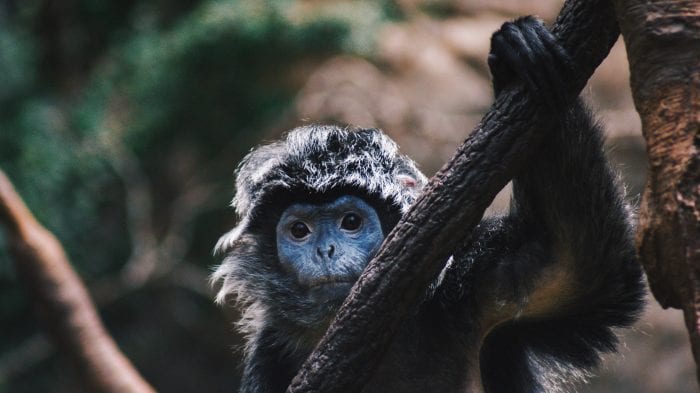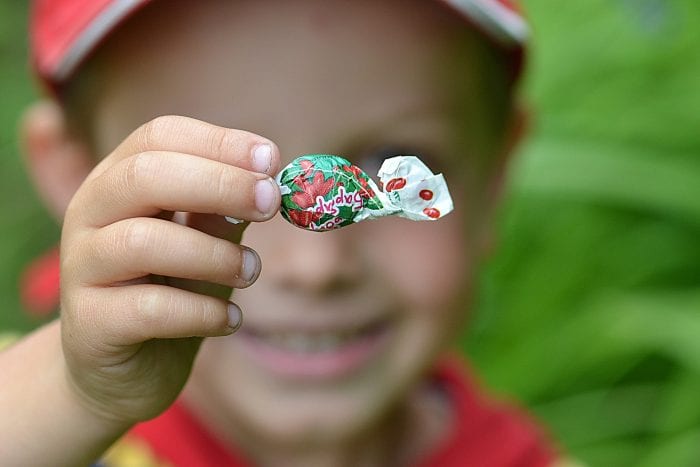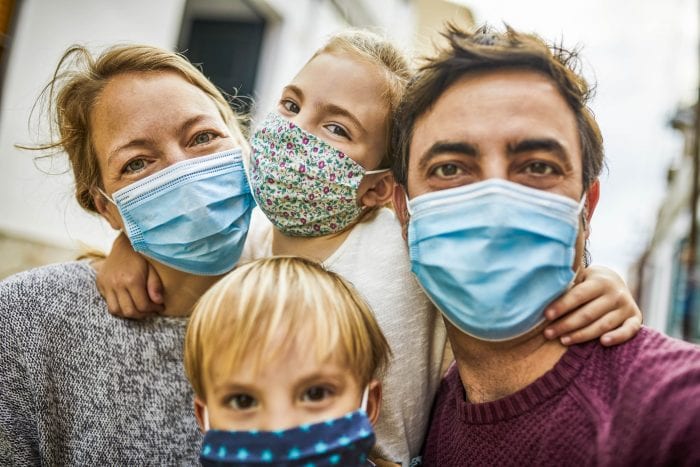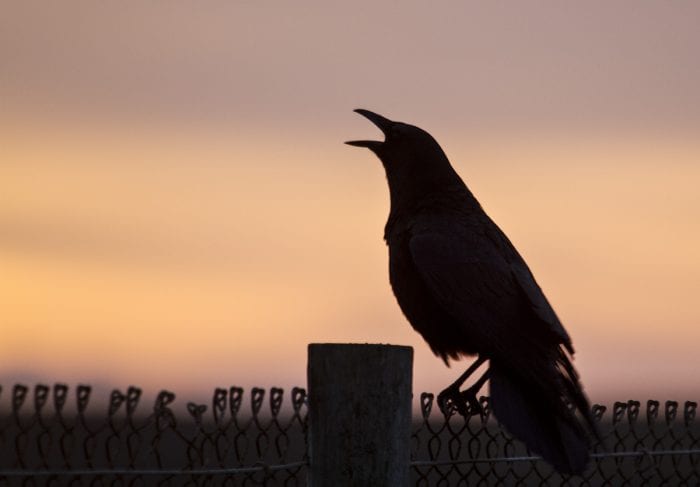By Daniel Dunaief

For my family and me, the pandemic-triggered life change started almost exactly 10 months ago, on March 13. How different is the life we lead now from the one we led way back in March? Comparing answers to the same questions then and now can offer a perspective on the time that’s passed and our current position.
Question: What do we do?
March 2020: Shut businesses down, encourage people to stay home and track everything. Talk about where we are “on the curve” and hope that we can “flatten the curve” and reach the other side, allowing us to return to the lives and habits we used to know.
January 2021: Try to keep infection rates down and take measured chances in public places, while hoping officials allow schools, restaurants and other businesses to remain open.
Question: What do we eat?
March 2020: Pick up take out food whenever we can. Go to the grocery store and cook. Baking rapidly became a release and relief for parents and children, who enjoyed the sweet smell of the house and the familiar, reassuring and restorative taste of cookies and cakes.
January 2021: In some places, we can eat indoors. Many people still order take out or cook their own food.
Question: What do we do with our children?
March 2020: Overburdened parents, who are conducting zoom calls, conference calls and staring for hours at computer screens, face the reality of needing to educate their children in subjects they either forgot or never learned.
January 2021: Many students continue to go to school, even as the threat of closing, particularly in hot spots, continues.
Question: What do we do for exercise?
March 2020: People take to the streets, order exercise equipment or circle the inside or outside of their house countless times, hoping to break free from their blinking, beeping and demanding electronic devices.
January 2021: Gyms have reopened, with some people heading to fitness centers and others continuing their own version of counting the number of times they’ve circled the neighborhood, with and without their dogs.
Question: What can we do about work?
March 2020: Many businesses close, asking employees to work from home.
January 2021: Many businesses are trying to stay open, even as others have continued to ask their employees to work from home, where they can talk on computer screens in mismatched outfits, with nice blouses and shirts on top and gym shorts or pajamas.
Question: What can we plan for?
March 2020: We cancel weddings, parties, family gatherings and all manner of events that involve crowds.
January 2021: We have learned not to make plans that are set in stone, because the calendar has become stone intolerant. We make plans and contingency plans.
Question: What do we do for entertainment?
March 2020: We secretly binge watch TV shows, although we don’t share our indulgences.
January 2021: After we ask how everyone is doing, we regularly interject questions about the latest TV shows or movies.
Question: What do we notice in the supermarkets?
March 2020: Toilet paper and paper towels are hard to find.
January 2021: Toilet paper and paper towels are generally available, but we may only be allowed to buy two packages. The cost of paper goods and other items seems to have risen.
Question: Do we let our children play sports?
March 2020: Almost every league in every sport shut down, following the lead of professional teams.
January 2021: Youth leagues have restarted.
Question: What’s a cause for optimism?
March 2020: We believe in flattening the curve.
January 2021: The vaccine offers hope for a return to a life we used to know.














